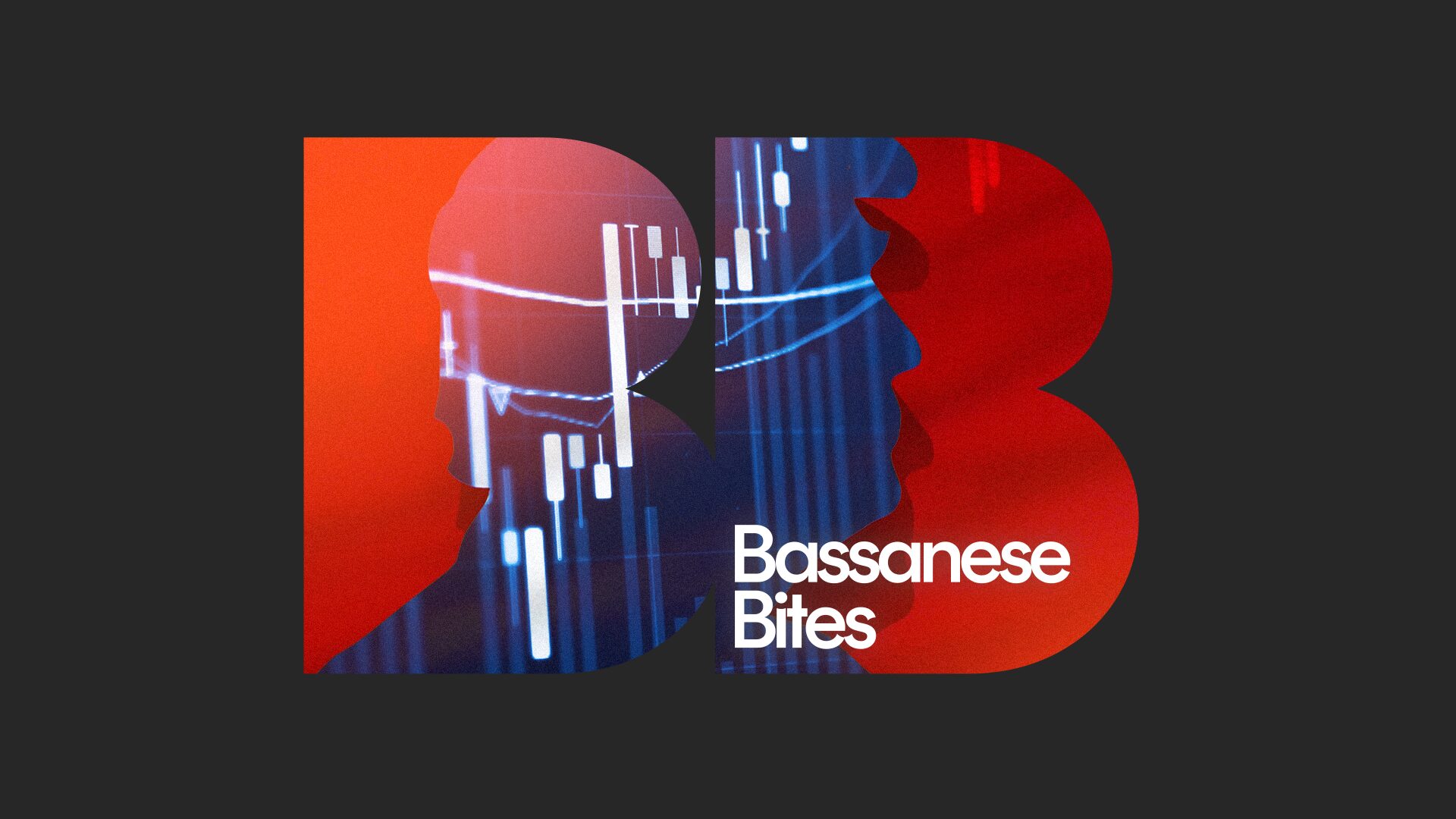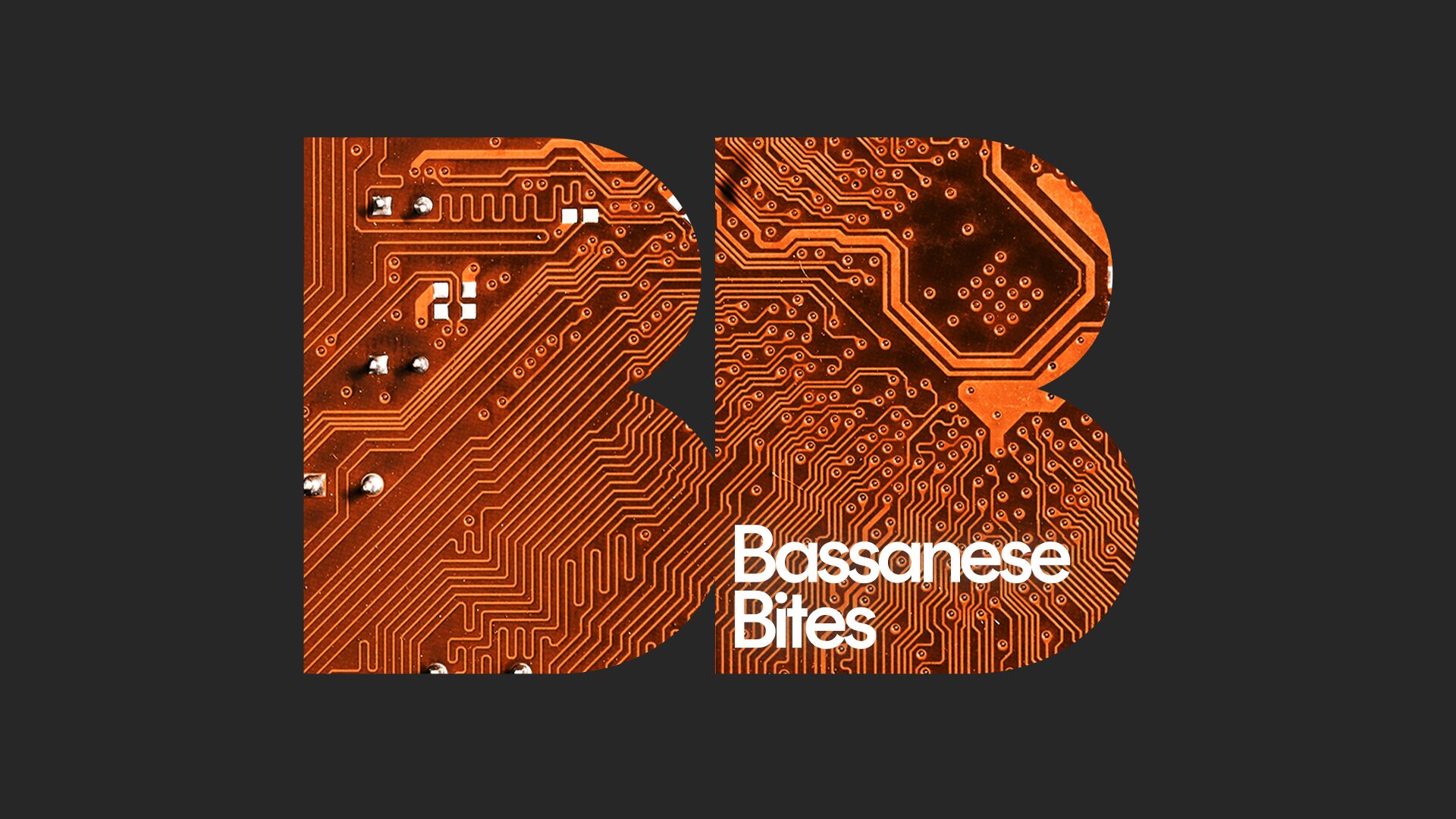Revenue leak
3 minutes reading time
The Reserve Bank of Australia has decided to inflict shock and awe on the economy today, no doubt with a view to eliminating any lingering complacency with regard to the inflation outlook.
Although the official wage estimate remains relatively benign, the RBA is clearly concerned that a tight labour market together with already high energy and commodity driven consumer price inflation could lead to a lift in inflation expectations and a potential “wage-price spiral”.
Indeed, today’s decision is a bolt from the blue, and stands in marked contrast to the RBA’s recent soothing words with regard to the outlook. It is now acting out of clear alarm, and is not frightened to show its alarm. It has clearly heeded the lessons of the US Federal Reserve which arguably waited too long to lift interest rates as US inflation lifted last year – and is now at risk of having to create a US recession to get America’s inflation genie back in the bottle.
The RBA clearly wants to avoid falling behind the inflation curve, and has judged the economy has sufficient underlying resilience and momentum to withstand today’s shock interest rate move.
Where to from here? There is no hint in today’s Statement that the RBA now intends to “pause” after today’s aggressive move. Several more interest rate increases seem likely in the months ahead, with at least another 25bps in July.
Indeed, if the RBA raised rates by 0.25% at each of the remaining six policy meetings this year, the cash rate would end the year at 2.35% – or very close to the “neutral” rate recently suggested by Governor Lowe. Note, however, this is still considerably less than the 3.2% end-2022 cash rate priced in by financial markets. Of course, the RBA may also decide to lift rates more aggressively – with further 0.5% moves nearer-term, especially if it affords it an opportunity to then pause rates late this year.
All that said, my base cash view remains that the market is too aggressive in its expected RBA rate hike schedule. I anticipate only four further 25bps rate hikes this year, taking the cash rate to 1.85%.
That said, the market has been right to be aggressive over the past year – notably pricing in more rate hikes than most economists and even the RBA publicly contemplated. We need to pay the market due respect.
But were the RBA to raise rates to 3.2% by year-end, it would likely be because the economy had developed such a seriously entrenched inflation problem that the RBA (as with the Fed in the United States at present) would effectively be risking a recession to contain it.
In fact, I anticipate that if the RBA did match market expectations – with a 3.2% cash rate by year end – it would virtually guarantee a substantial economic slowdown if not recession in 2023.



